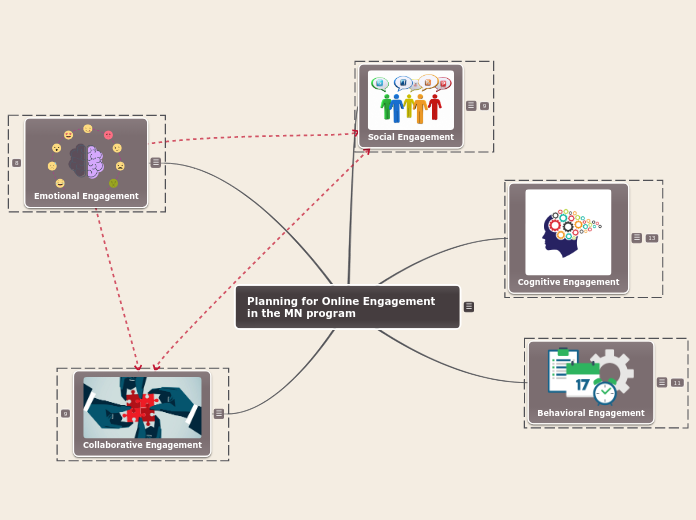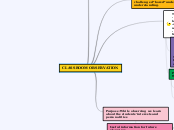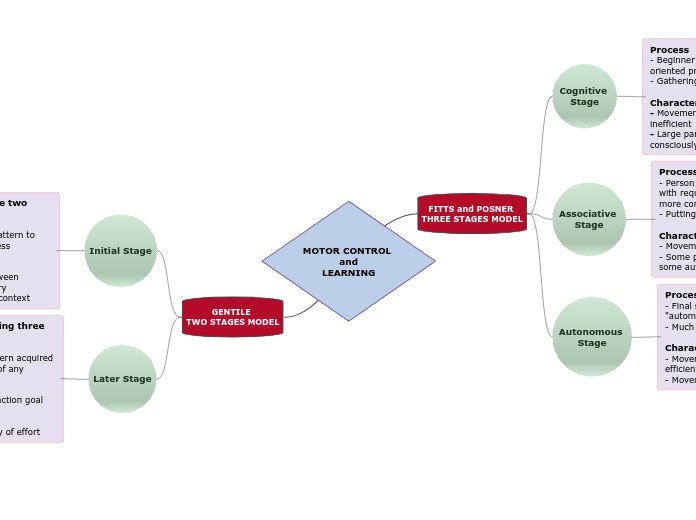Planning for Online Engagement in the MN program
Being focused and engaged in course work as an online student is critical for success. But what does engagement involve?
Based on Redmond et al.'s (2018) Online Engagement Framework for Higher Education
https://files.eric.ed.gov/fulltext/EJ1179626.pdf
Collaborative Engagement
Collaborative engagement is related to the development of different relationships and networks that support learning, including collaboration with peers, instructors, industry, and the educational institution.
Networking events
Requirement for group tasks and assessment
Community/Industry participation
Developing Professional Networks
Connecting to Institutional Opportunities
Relating to Faculty Members
Learning with Peers
Emotional Engagement
Emotional engagement refers to students’ emotional reaction to learning.
Sinatra, Heddy, and Lombardi (2015) reported that “both negative and positive emotions can facilitate activation of attention and engagement” (p. 2).
Use narrative to harness interest
Relate tasks to interests, values, and emotions
Subtopic
Recognising Motivations
Committing to Learning
Articulating Assumptions
Managing Expectations
Behavioral Engagement
Behavioral engagement is doing the work and following the rules.
Peer support and mentoring
Implementing a course calendar
Emphasize on tasks
Supporting and Encouraging Peers
Upholding Online Learning Norms
Developing Agency
Developing Multidisciplinary Skills
Identifying Opportunities and Challenges
Developing Academic Skills
Cognitive Engagement
Cognitive engagement is the active process of learning.
Integrative Portfolio
Self and peer evaluation
Varied assessment tasks
Varying levels of challenge
New information aligns with previous knowledge
Distributing Expertise
Developing Deep Discipline Understandings
Justifying Decisions
Integrating Ideas
Activating Metacognition
Thinking Critically
Social Engagement
Social engagement refers to students’ social investment in the collegiate experience.
Strategies
Informal engagement opportunities with instructors
Ongoing interactions through social media
Participation in non-academic activities
Indicators
Establishing Trust
Developing Relationships
Creating a sense of belonging
Building Community









